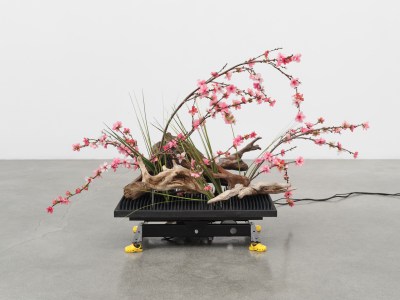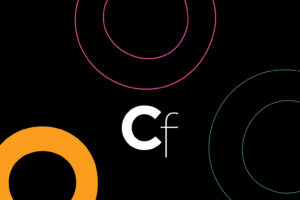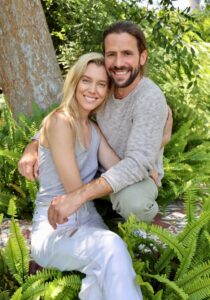Rachel Youn Brings Fake Flowers to Life

Rachel Youn’s kinetic sculptures gyrate and writhe, their mechanized motions as artificial as the fake flowers and plants channeling them. Sourcing portable machines like massagers and automated baby rockers from Facebook Marketplace and other online listings, Youn attaches synthetic flora to the finds and rewires the devices’ motors to bypass their automatic shutoff features. Working overtime, the impish sculptures labor repetitively like Sisyphus, turning off only when the gallery in which they are exhibited closes.
Growing up in a Baptist family in Missouri and New Mexico, the Korean-American artist began developing their practice at Washington University in St. Louis and then enrolled for a master’s at Yale University in 2022. Key to Youn’s work is the way failure and disappointment inhere in devices that promise self-soothing convenience and—in the case of massagers and baby swings—shortcuts to intimacy. Youn acquires these devices not knowing how close they are to their mechanical death, and attempts to lengthen their lifespan by replacing their motors. But the gears grind down eventually, as is inevitable for products manufactured cheaply and quickly, with the objects themselves seeming to ask: How do things literally and figuratively come apart after “going through the motions”?
Plus ça change (2024), a work in Youn’s solo show at Soy Capitán in Berlin last year, features flowers on lanky stems fitted with rollers moseying bathetically around a frame deconstructed from a flat treadmill intended for use under a standing desk. The flowers jerk quickly around the corners, occasionally bumping into and nuzzling one another. A product that epitomizes multitasking self-optimization—a treadmill to be used while working—sheds its aspirational ethos and is turned on its side into an otiose waltz of flowers that nullifies the machine’s intended redemptive use. Other works in the show were more erotically suggestive. Take Rend (2024), a shoulder massager affixed to a bicycle backrest set on roller skates. It rhythmically folds in and then stretches out a yonic pink orchid, adding an element of desire to movements that recall medieval torture racks.

Rachel Youn: Arrangement, 2023.
Photo Nik Massey/Courtesy Soy Capitán, Berlin
Youn’s studio is a rollicking farrago of objects, as if a bloodlessly corporatized brainstorming “mood board” has come to life with a vengeance. About their favored fake flowers spilling out of cardboard boxes, the artist said the plastic and other materials involved lend their works resilience that allows them to be “thrashed over and over” and to keep “performing perfection forever.” Considering potential reactions to such work in a solo show at G Gallery in Seoul (on view through May 31), Youn remarked, “I’m curious how the idea of automation will translate. How will audiences in a different culture understand the desire to always work and to treat the body like a machine?”
For those of us closer to home, the endless repetitive work of Youn’s sculptures prompts a question: Is there anything to be gained or exalted from all this labor? Or, when not driven by a higher purpose, does remaining in motion become an end in itself?





